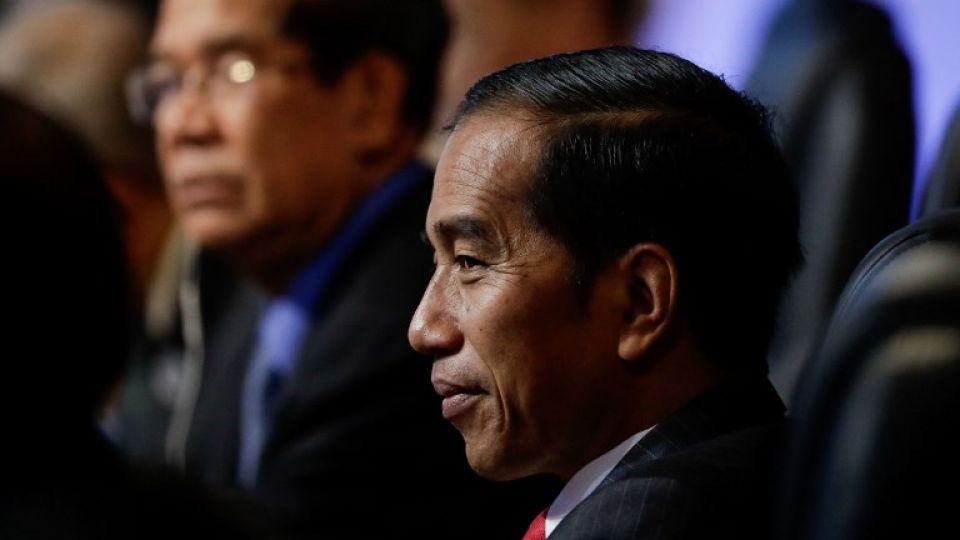March 13, 2020
Indonesia complains on Singapore insisting to withhold personal information of its citizens showing COVID-19 symptoms in Jakarta.
The Indonesian government has complained that Singapore insists on withholding the personal information of several Indonesian citizens believed to have shown COVID-19 symptoms in Jakarta and tested positive for the lethal virus in the city-state.
Jakarta said it was facing difficulties in tracing and isolating those who might have had contact with the patients, now being treated at Singaporean hospitals.
“We have asked for the identities of the Indonesian nationals from Singapore. They did not give us the names. How are we going to conduct the tracing in Indonesia? Singapore is adamant on not disclosing their identities,” the secretary of the Health Ministry’s Disease Control and Prevention Directorate General, Achmad Yurianto, told reporters on Thursday night.
At least five Indonesian nationals tested positive for COVID-19 in Singapore and are being treated at local hospitals. A 64-year-old Indonesian man known as Case 147 arrived in Singapore on March 7 only to be tested positive for the disease the next day.
“He reported an onset of symptoms on March 3 while he was in Indonesia. He had a fever when he arrived at Seletar Airport, and underwent a COVID-19 swab test at the checkpoint. Subsequent test results confirmed COVID-19 infection in the morning of March 8,” Singapore’s Health Ministry said.
On Monday, Singapore reported two more imported cases from Indonesia—a 65-year-old male Indonesian national, identified as Case 152, and a 65-year-old Singaporean national, identified as Case 153, who just visited her sister who had pneumonia in Indonesia.
Case 152 “reported an onset of symptoms on Feb. 28 while he was in Indonesia and had sought treatment at a hospital in Jakarta on March 2. He went to [Singapore General Hospital] on March 7,” the ministry said.
“Case 153 is likely to be an imported case involving a 65-year-old female Singaporean citizen who had been in Indonesia from Feb. 25 to 28. She reported that while she was in Indonesia, she had visited her sister who had pneumonia,” it added.
Even after the three cases grabbed media headlines, Singaporean authorities reported at least three more imported cases from Indonesia, one of whom was a family member of Case 152.
Case 170 is a 56-year-old Indonesian woman who arrived in Singapore on March 9 and tested positive for COVID-19 on March 10. She had reported early symptoms on March 6 in Indonesia prior to her departure. The woman, who is related to Case 152, has since been put in isolation at Singapore General Hospital.
Her departure from Indonesia indicates that the government did nothing to trace those who might have had contact with Case 152.
Case 181 – a 83-year-old Indonesian man – and Case 182 – a 76-year-old Indonesian woman – both arrived in Singapore on March 9 and were both confirmed to have been infected with the novel coronavirus on March 12. They are members of the same family and have since been put under observation at Gleneagles Hospital.
Critics have said that the fact that Indonesia has exported cases shows that the local government is still failing to detect cases and raises concerns that the number of confirmed cases in the country could be much higher than what has been reported.
It may also reflect the low public confidence in the country’s health care system.
The Twitter-based community movement set up to raise awareness on the coronavirus, @KawalCOVID19, writes: “Isn’t the Health Ministry ashamed that an Indonesian national has to migrate to another country to be tested and treated for COVID-19?”
Yurianto, however, dismissed the claim, saying that he believed that the Indonesian nationals treated for COVID-19 in the neighboring country did not contract the virus in Indonesia, or that they might have influenza-like illnesses but still tested negative for coronavirus.
“It is possible that when they sought medication here they were still negative,” he said.
The Singaporean Embassy in Jakarta told The Jakarta Post on Friday that the Singaporean Health Ministry had “a patient confidentiality and privacy policy.”
However, it added that “there are no restrictions for COVID-19 patients from Indonesia or other countries from contacting their embassies. It is up to them to decide whether they want to do so. The Singapore government’s first priority is the well-being of the patients.”
In the wake of the rising number of imported cases in Singapore, the local government issued a policy highlighting the need “to prioritize resources at our public hospitals.”
“From March 7, foreigners who are short-term visit pass holders who seek treatment for COVID-19 in Singapore will need to pay for their treatment,” the nation’s Health Ministry said.
Indonesia, with a population of more than 250 million, has reported 34 confirmed COVID-19 cases, while Singapore, with a population of around 6 million people, has reported more than 180 cases.
While Jakarta has been criticized for its poor handling of the outbreak, Singapore has been lauded for its COVID-19 strategy.


